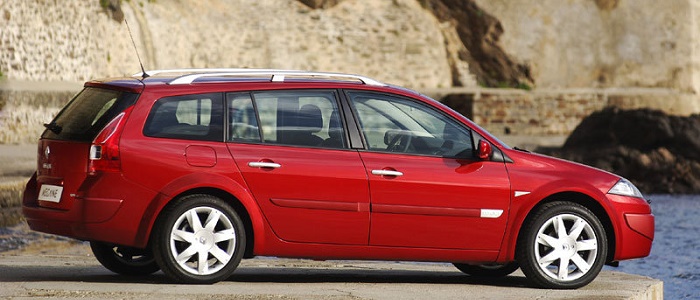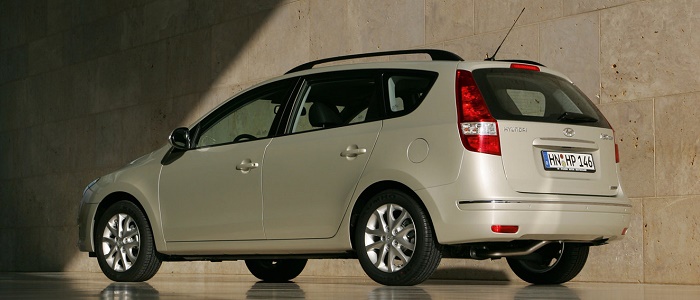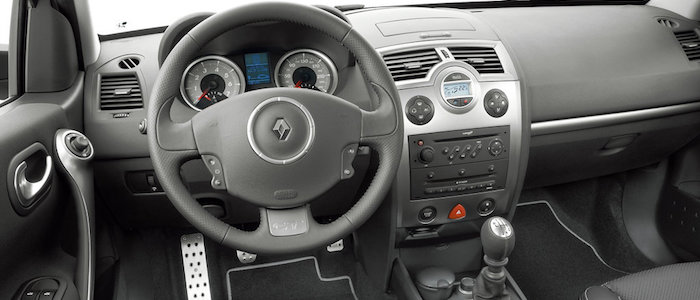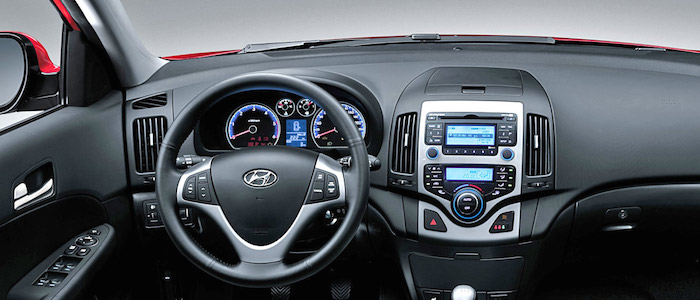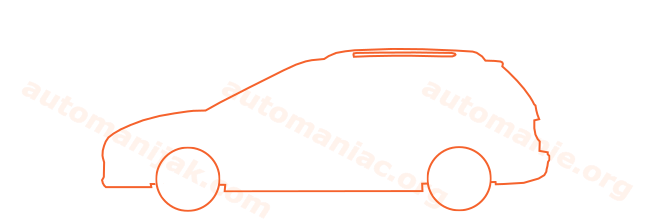Compare two cars
Compare any two cars and get our Virtual Adviser™ opinion
Dimensons & Outlines
Check vehicle history
Engine
Performance (manual gearbox)
Performance (automatic gearbox)
Expenses
Virtual Adviser's™ opinion
Well, these are two pretty similar cars we have here! It's only details that could potentially make the difference. Considering they both belong to the small family car segment and utilize the same 5-door wagon body style and the front wheel drive system, it all comes up to the specific petrol engine choice they offer. The first one has a Renault-engineered powertrain under the hood, a 4-cylinder, 16-valves 98hp unit, while the other one gets its power and torque from a 4-cylinder, 16-valves 109hp engine designed by Hyundai.
SafetyA starting point here would be to take a look at the results from European New Car Assessment Programme (Euro NCAP) tests which were performed on both of the cars, with the Renault being a slightly better choice apparently. That aside, let's consider some other aspects which affect safety. Both vehicles belong to the small family car segment, which is generally classifying them somewhere in the middle safety-wise, still it doesn't help us solve our dilemma, does it? On the other hand, when it comes to weight, a factor that most people underestimate, the Korean car offers a marginal difference of 2% more metal.
ReliabilityI don't like generalizing things when it comes to reliability, although it does seem that both brands display similar results in faults and breakdowns, when all the models are taken into account. These are the official statistics, while our visitors describe reliability of Renault with an average rating of 4.2, and models under the Hyundai badge with 4.5 out of 5. Independent research findings rank Megane as average reliability-wise, and i30 is more or less at the same level.We should definitely mention that owners of cars with the same powertrain as the French car rank it on average as 3.9, while the one under the competitor's bonnet gets 4.3 out of 5.
Performance & Fuel economyHyundai is undoubtly more agile, reaching 100km/h in 1.4 seconds less than its competitor. In addition to that it accelerates all the way to 187 kilometers per hour, 6km/h more than the other car. When it comes to fuel economy the winner has to be the Korean car, averaging around 5.8 liters of fuel per 100 kilometers (49 mpg), in combined cycle. We can't ignore that 21% difference compared to the French car.
Verdict
Hyundai appears just a bit more reliable, although the difference is truly marginal. The most important thing when deciding between any two vehicles should always be safety, both passive and active. In my opinion, everything taken into account, the French car offers slightly better overall protection and takes the lead. From there things take a different direction, with Hyundai outracing its opponent in any situation possible, making it better choice for boy racers. To make things even better, it consumps less fuel! All together, there's not much more to say, in this case I wouldn't even consider anything but Hyundai. Anyway, that's the most objective conclusion I could've came up with and it's based solely on the information found on this website. Aspects such as design, practicality, brand value and driving experience are there for you to measure them out. Also, you could use the oportunity to find out which car, everything taken into account, would be the perfect choice for you in the eyes of the virtual adviser™, out of 12.000+ vehicles we currently have in our database.























